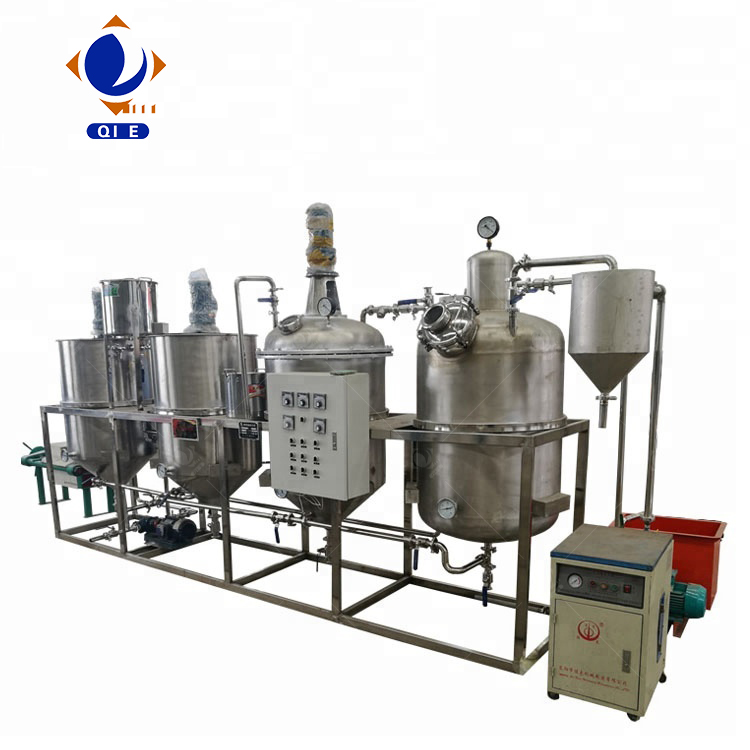
In today's market, consumers are increasingly demanding high-quality peanut oil. However, the quality of peanut oil on the market varies greatly, with some products suffering from issues such as low aroma, poor taste, and even potential safety hazards. So, how can we produce high-quality peanut oil? This article will take you through the entire production process, revealing the strict standards and exquisite craftsmanship behind it.
The quality of raw materials is the foundation of producing high-quality peanut oil. During the peanut pretreatment stage, a grading sieve is used to remove impurities and separate unqualified peanuts. For example, peanuts that are moldy, damaged, or have a low oil content can significantly affect the quality of the final product. If moldy peanuts are not removed, they may contain aflatoxins, which are harmful to human health. According to research, the presence of even a small amount of aflatoxins in peanut oil can pose a long - term health risk.
Baking is a crucial step in producing fragrant peanut oil. The baking temperature is precisely controlled between 180°C and 200°C. Different baking temperatures can result in significant differences in the quality of peanut oil. When the temperature is too low, the oil may lack a rich aroma; when it is too high, the oil may have a burnt smell and lose some of its nutritional value. At the optimal temperature range, the peanuts release their natural fragrance, giving the peanut oil a unique and appealing aroma.

A pair - roller crusher and a tablet press are used to crush the peanuts. This process not only increases the oil yield but also has additional benefits. The red outer skin of the peanuts, which is separated during the crushing process, can be used as raw material in the pharmaceutical and other industries. Studies have shown that proper crushing can increase the oil yield by up to 10% compared to non - crushed peanuts.
A screw - type oil press is used for oil extraction. During this process, temperature and moisture are strictly controlled. The screw - type oil press has the advantage of continuous operation and high oil extraction efficiency. By controlling the temperature and moisture, the residual oil rate after two - stage pressing can be as low as 5%. This strict control ensures that more oil is extracted from the peanuts while maintaining the quality of the oil.

In some cases, refining is necessary to further improve the quality of peanut oil. Refining can remove impurities, odors, and free fatty acids from the oil, making it clearer, more stable, and with a longer shelf - life. There are various refining methods, such as degumming, deacidification, decolorization, and deodorization, which are carefully selected and implemented according to the specific quality requirements of the oil.

Our company is committed to producing high - quality peanut oil through strict quality control and exquisite craftsmanship. Every step of the production process is carefully monitored to ensure that only the best peanut oil reaches your table. We believe that by choosing our peanut oil, you are choosing a healthier and more delicious cooking experience.
Don't miss out on the opportunity to experience the difference of high - quality peanut oil. Choose our brand today and elevate your culinary creations!

